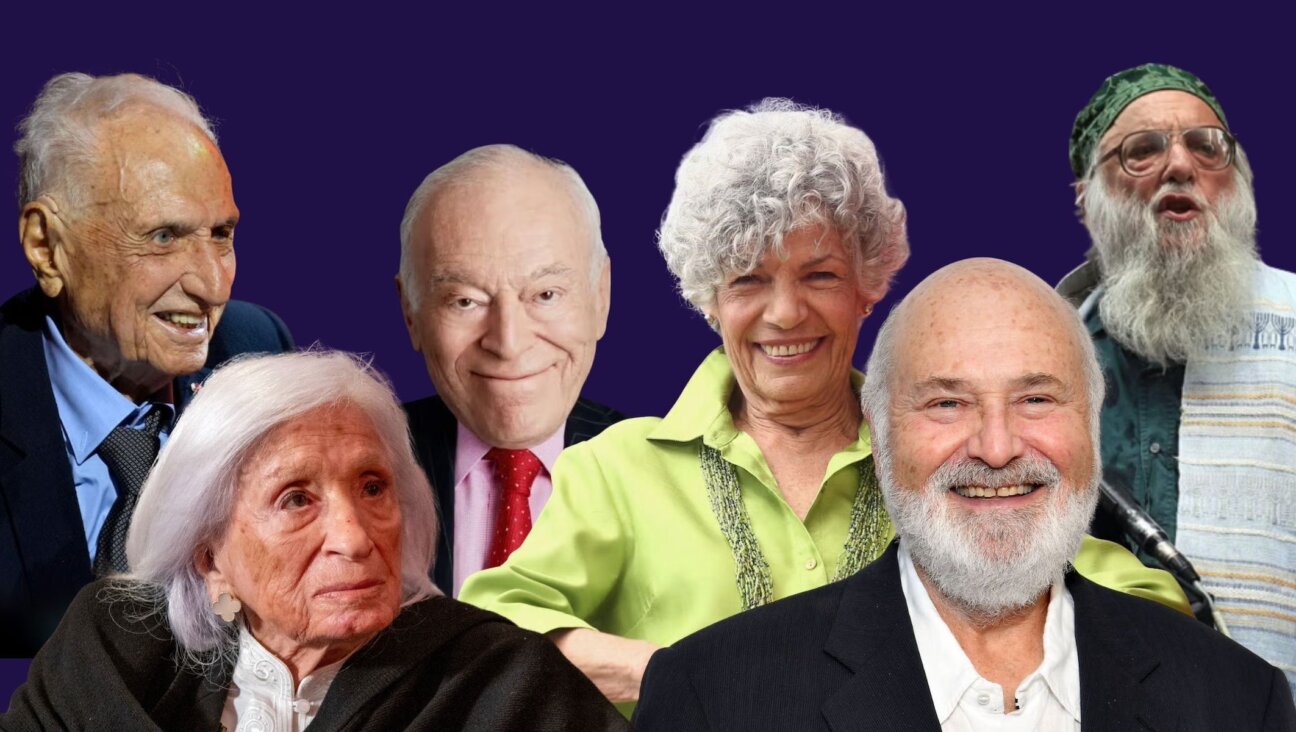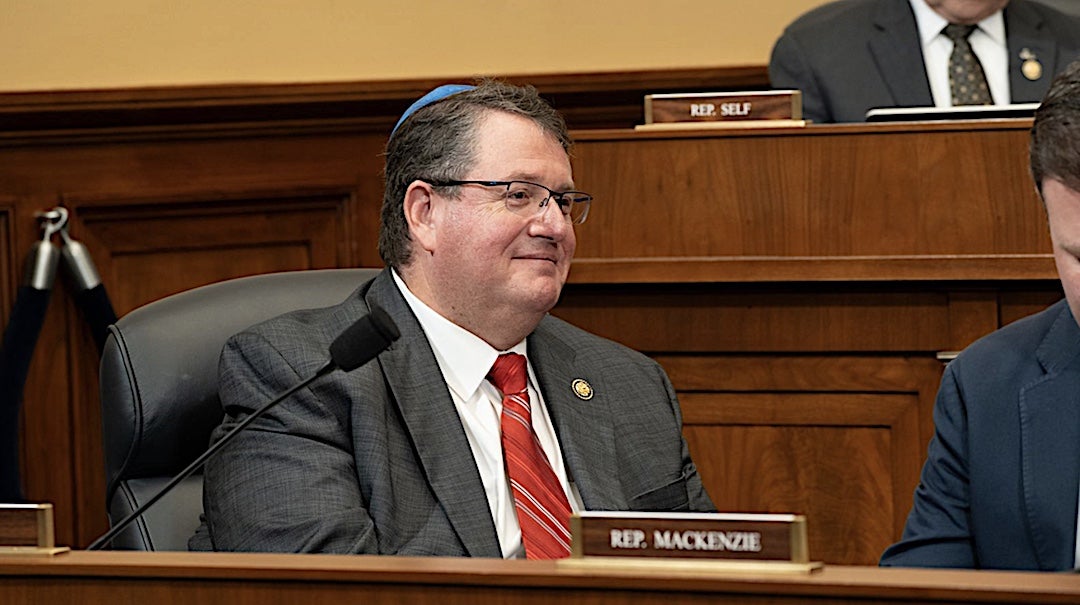World Warns Trump Not To Dump Two-State Solution at Paris Peace Conference

Image by Getty Images
Some 70 countries on Sunday reaffirmed that only a two-state solution could resolve the Israeli-Palestinian conflict and warned they would not recognize any unilateral steps by either side that could prejudge negotiations.
The final communique of a one-day international Middle East peace conference in Paris shied away from explicitly criticizing plans by U.S. president-elect Donald Trump to move the U.S Embassy to Jerusalem, although diplomats said the wording sent a “subliminal” message.
Trump has pledged to pursue more pro-Israeli policies and to move the U.S. Embassy from Tel Aviv to Jerusalem, all but enshrining the city as Israel’s capital, despite international objections.
Countries including key European and Arab states as well as the permanent members of the U.N. Security Council were in Paris for the conference, that Israeli Prime Minister Benjamin Netanyahu rejected as “futile.” Neither the Israelis nor the Palestinians were represented.
However, just five days before Trump is sworn in, the meeting was seen as a platform for countries to send a strong signal to the incoming American president that a two-state solution to the conflict could not be compromised on and that unilateral decisions could exacerbate tensions on the ground.
The participants “call on each side … to refrain from unilateral steps that prejudge the outcome of negotiations on final-status issues, including, inter alia, on Jerusalem, borders, security, refugees and which they will not recognize,” the final communique said.
A French diplomatic source said there had been tough negotiations on that paragraph.
“It’s a tortuous and complicated paragraph to pass a subliminal message to the Trump administration,” the diplomat said.
U.S. Secretary of State John Kerry told reporters it would have been inappropriate to include the issue of moving the U.S. embassy, it being publicly debated in the United States.
Relations between the United States and Israel have soured during President Barack Obama’s administration, reaching a low point late last month when Washington declined to veto U.N. resolution 2334 demanding an end to Israeli settlements in occupied territory.
Paris has said the meeting did not aim to impose anything on Israel or the Palestinians and that only direct negotiations could resolve the conflict.
The final draft did not go into any details other than reaffirming U.N. Security Council resolutions, including 2334. Diplomats said that had been a source of friction in talks.
“When some are questioning this, it’s vital for us to recall the framework of negotiations. That framework is the 1967 borders and the main resolutions of the United Nations,” French Foreign Minister Jean-Marc Ayrault, told reporters.
Kerry, who abandoned his efforts to broker peace talks in April 2014, told reporters that the meeting had “moved the ball forward.”
“It underscores this is not just one administration’s point of view, this is shared by the international community broadly,” he said.
Home to Europe’s largest Muslim and Jewish communities, France has tried to breathe new life into the peace process over the past year and argued that it should not play second fiddle to the war in Syria and fight against Islamic State militants.
The final statement said interested parties would meet again before year-end.
But Netanyahu told a cabinet meeting on Sunday that “this conference is among the last twitches of the world of yesterday … Tomorrow will look different and that tomorrow is very close.”
Palestinian Authority President Mahmoud Abbas, who said on Saturday that moving the U.S. embassy to Jerusalem would kill off the peace process, said the Paris meeting would help at stopping “settlement activities and destroying the two-state solution through dictations and the use of force.” —Reuters















